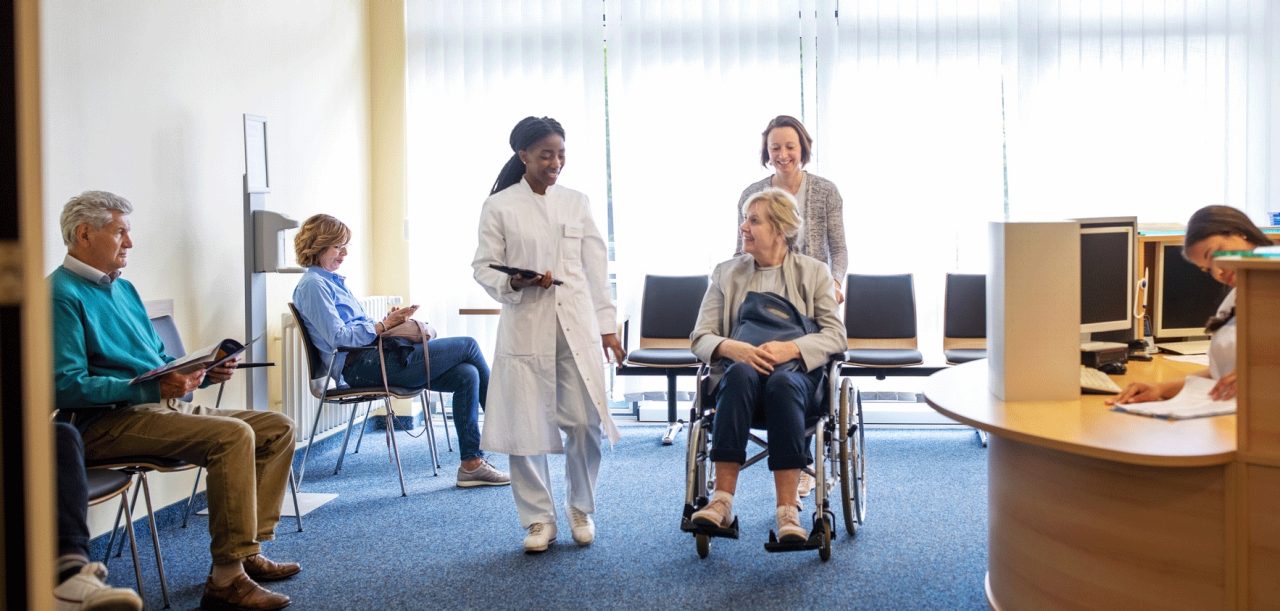You Don’t Need a Yearly Physical

While growing evidence suggests that you may not need an annual physical exam if you are healthy, seeing a doctor every couple of years is still a good idea.
For some time, evidence has been growing that you don’t need a yearly physical if your health is fine. The Society of General Internal Medicine has declared this ritual unnecessary. Similarly, a Cochrane Review of 17 randomized trials concluded that checkups are unlikely to benefit patients.
That doesn’t mean you couldn’t benefit from working with a primary care physician. The Cochrane team suggested that checkups may not add much to big research studies because primary care physicians are already identifying issues and intervening with patients at risk during other visits.
If you’re seeing a new physician, or haven’t been in touch with any doctor for a while, perhaps three years, it may be most valuable to schedule a talk. In between, you can keep track of key aspects of your health on your own.
YOU MIGHT ALSO LIKE: Our Health Consumer section
High blood pressure
If you have high blood pressure, or it runs in your family, you can monitor yours at home, with an arm or wrist cuff that might cost anywhere from $40 to $100. Fitness trackers, smartwatches, and phone apps can also check your blood pressure, but they may not be as reliable. A normal adult reading is below 120/80 mm Hg and above 90/60 mm Hg.
Weight
You probably already know if you’re overweight. You can check your weight on a home scale and read a chart to see your body mass index. Unless you’re very muscular and active, if your BMI is over 35 your weight is putting your health at risk. Adults of Asian origin may be at risk at lower numbers.
You can also measure your waist and divide that number by your height. Whole body obesity is defined by a waist-height ratio of 0.53 or more for men and 0.54 or more for women. Abdominal obesity is defined by a waist-height ratio of 0.59 or more. You can use this calculator to determine your ratio.
Blood-sugar and cholesterol
If type 2 diabetes runs in your family, or you’re overweight, it’s a good idea to check your hemoglobin A1C, a measure of your average blood sugar over the past two to three months. If your A1C level is between 5.7 and less than 6.5, your levels have been in the prediabetes range, which means you’re in danger of developing type 2 diabetes. If you have an A1C level of 6.5 or higher, your levels are in the diabetes range.
There are lots of tests to choose from. LetsGetChecked, a kit you’ll mail in, will give you results in two to five days, and you can check your cholesterol levels for less than $90. If any results are out of range, a nurse will call you. If you want an immediate answer, you can get an A1C test at a pharmacy — but make sure the kit isn’t expired.
Make sure you steer clear of making a self-diagnosis if a home test suggests you have a health problem. See your primary care doctor if you suspect something is wrong, and make sure your doctor receives lab results and discusses them with you.
Other blood tests
QuestDirect, a lab with the locations around the country, offers a consolation with a doctor and the following tests for the following:
- Complete blood count (CBC)
- Comprehensive metabolic panel (CMP)
- Cholesterol panel
- Urinalysis
- A1C
- Inflammation marker (hsCRP)
- Vitamin D
Heart function
If you’ve had heart scares, it may be reassuring to invest in an at-home ECG. Kardia Mobile can detect atrial fibrillation, bradycardia, tachycardia, or normal heart rhythm in just 30 seconds right from your smartphone. It is small enough to fit in your pocket, allowing you to take a medical-grade EKG anytime, anywhere.
For other alternatives, ask for tests you’re concerned about at a retail health center or a mobile health truck that you might see in your area.
Updated:
September 13, 2023
Reviewed By:
Janet O’Dell, RN